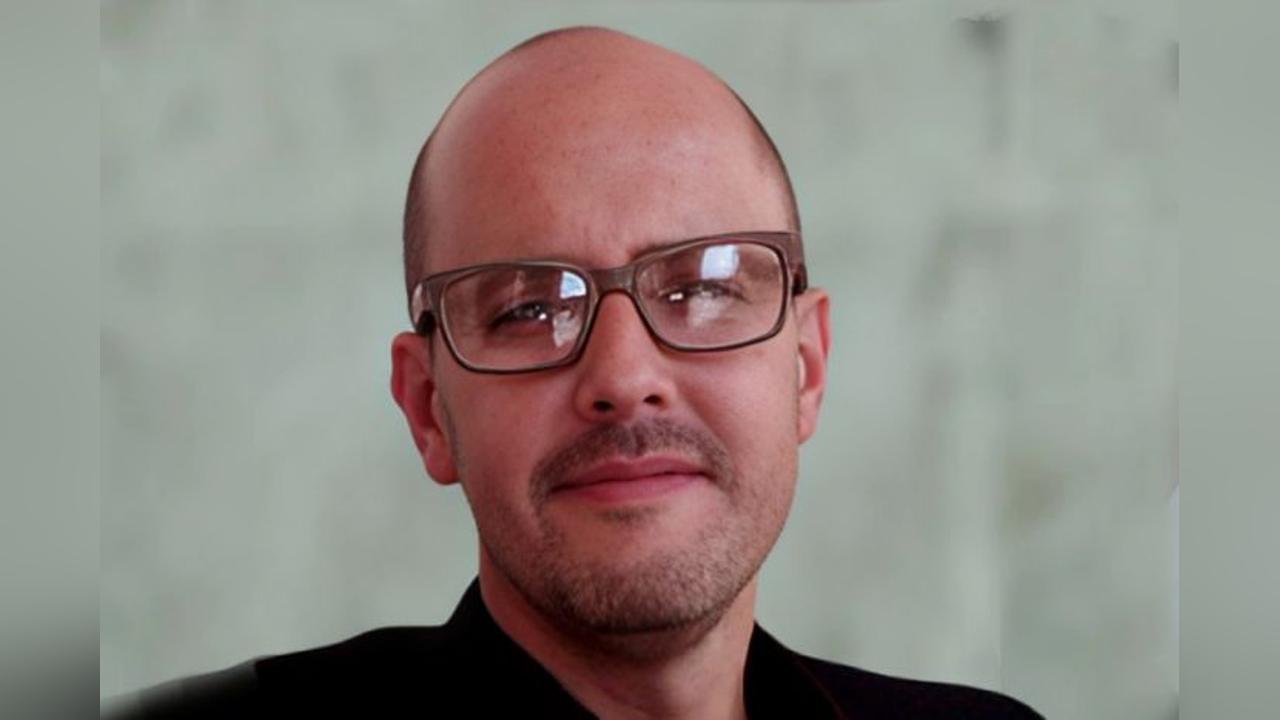Africa-Press – Angola. Anthropologist Celso Braga Rosa, born in Angola in 1973, believes that the former colony risks becoming “a failed state,” 50 years after achieving independence from Portugal.
” Angola is a state in search of itself, on the verge of becoming a failed state,” laments the researcher at the Center for Social Studies (CES) at the University of Coimbra to Lusa news agency.
In the Portuguese-speaking country in southern Africa, which became independent in 1975 and where the Popular Movement for the Liberation of Angola (MPLA) has always been in power, “the disappearance of people who oppose the regime is happening again,” he accuses.
A native of Uíge, a city in northern Angola that was formerly called Carmona, Celso Rosa came to Portugal with his family as a child in 1976, and has revisited the region for work three times as an adult, once in 2007 and twice in 2010.
Angola, in his opinion , “remains a chimera”, far from being a state of law, half a century after political emancipation as a result of the liberation struggles and the revolution of April 25, 1974.
It is currently governed “with the same vices” as during the colonial administration, says the specialist in African studies.
Noting that he has not visited Angola for 15 years, he criticizes the country’s “hasty and rapid decolonization,” “which began to replicate the same system that the colonists put into practice.”
“There are some who want again what others cannot have.
These were states that didn’t have time to prepare,” he tells Lusa, referring to Portugal’s remaining former colonies in Africa: Guinea-Bissau, Mozambique, Cape Verde, and São Tomé and Príncipe. In these territories, “during hundreds of years of colonization,” the natives “were led to believe they were not human.”
“Colonization is the most violent act we can have. It’s very different from these peoples having a healthy democracy,” observes the CES researcher. The new states were born “within borders inherited [from colonialism] and that cut peoples and nations in half.”
“It’s not easy to think about the future. 50 years have passed, but I would say: it’s only been 50 years, it’s not easy,” concludes the anthropologist.
Celso Braga Rosa is the author of the book “Above all, agony. Angola, memories of an intimate war,” which he presented in June at the Lisbon Book Fair.
Published by Afrontamento, the book by the University of Coimbra doctoral student was conceived based on the memories of his family, who lived in the former Carmona before Angola’s independence, as well as their respective photographic archives.
His father, with whom he had few opportunities to interact, studied to be a Catholic priest at a seminary in Portugal, from which he escaped to join his family in Angola and where he volunteered in the Portuguese Army, serving three tours as a broadcast operator.
After the Carnation Revolution, the region of Carmona, present-day Uíge, was dominated by the National Front for the Liberation of Angola (FNLA), led by Holden Roberto.
At that time, all of Celso Rosa’s family members, according to him, always carried their FNLA membership card with them, under the motto “Freedom and land”.
For More News And Analysis About Angola Follow Africa-Press






